Is Loud Music Bad for Cats? Vet-Approved Facts & Care Guide

Updated on
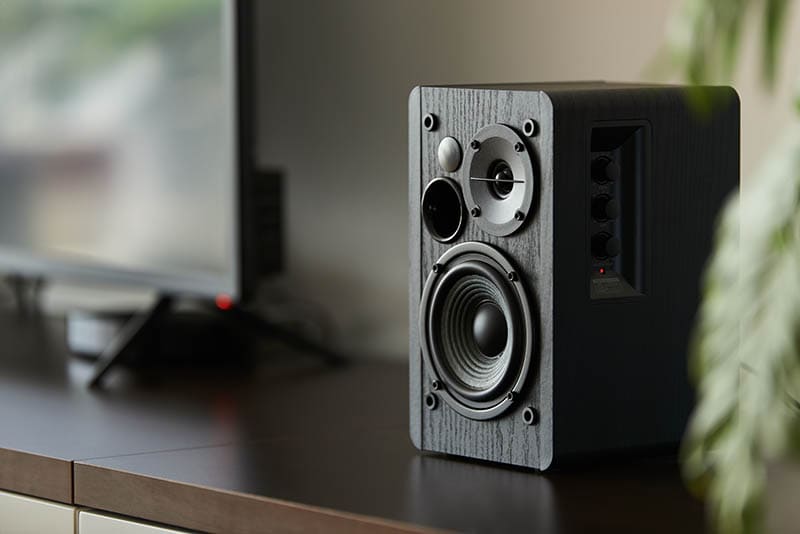
Many people love blasting their speakers on full volume when listening to their favorite songs to get the full experience. While this may be fun for you, it’s not as much fun for your cat. So as a short answer, yes, loud music is bad for cats and risks their well-being.
Is Loud Music Bad for Cats?
Yes, cats are much more sensitive to loud noises than humans, so loud music can cause them a great deal of stress and discomfort. Today, we’ll dive into the nitty gritty of why loud music is bad for your cats and what you should do to keep them safe and sound.
How Do Cats Perceive Loud Music?
Cats have a much more sensitive sense of hearing than humans and can hear sounds at higher frequencies, which means certain loud noises can be particularly jarring to them. When exposed to loud music, their bodies may go on high alert, and they will likely become anxious and scared.
This anxiety can then manifest itself in other ways, such as hiding, aggression, or lack of appetite. In severe cases, loud music can even cause permanent hearing damage to cats if they are exposed to extremely loud noises or too loud of noises for long enough.
Unlike eyes, it’s impossible for cats to close their ears, and exposing them to loud music can have serious consequences. Therefore, it’s important to practice safe listening habits and keep your cats away from loud noises as much as possible.
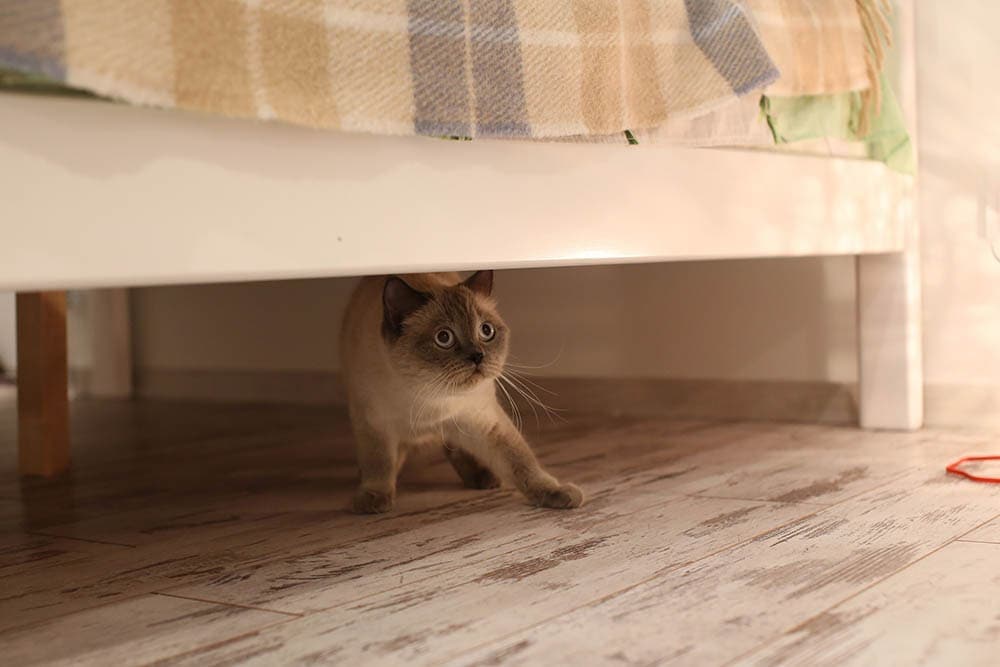
Why Does Loud Music Hurt Cat’s Ears?
The loud music you enjoy so much is incredibly detrimental to your cat’s precious hearing. Here are a couple of reasons why this is so:
1. Cats Have Overly Sensitive Hearing
As mentioned earlier, cats have a vastly superior sense of hearing compared to humans. This means loud music can easily cause them intense discomfort and pain because it’s much louder for them than it is for us.
2. Cats Can Hear Things Humans Can’t
Cats can hear things that are inaudible to humans. They can listen to sounds with higher frequencies. This means that loud music that you may think is harmless could actually be loud enough to hurt your cat’s ears.
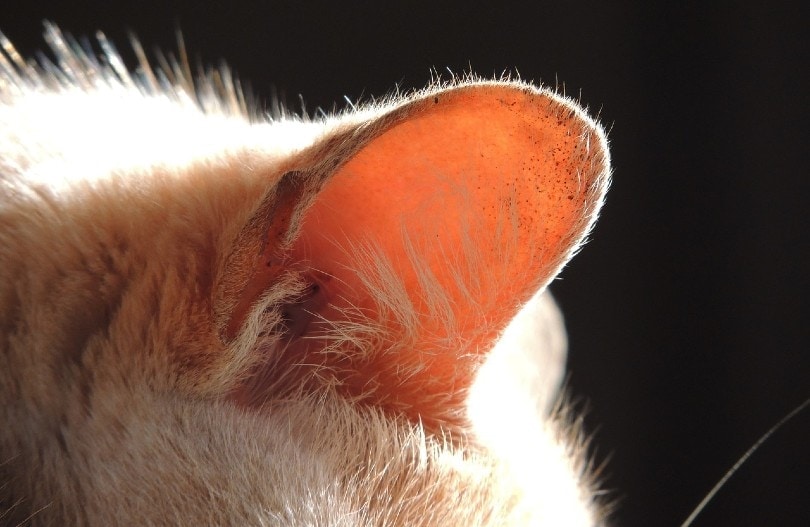
3. Cat’s Ears Have a Large Field of Hearing
Cats have a larger field of hearing, which means loud music can reach their ears from further away than it would for humans. This makes loud music even more dangerous for them, as they are likely to be exposed to loud noises from meters away from where they are.
Cats Have Less Control Over Noise from the Environment
Cats have less control over loud noises in their environment compared to humans. They can’t simply turn the volume down or stand further away from loud music like we can, so loud music is particularly dangerous for them, and they can do nothing about it.
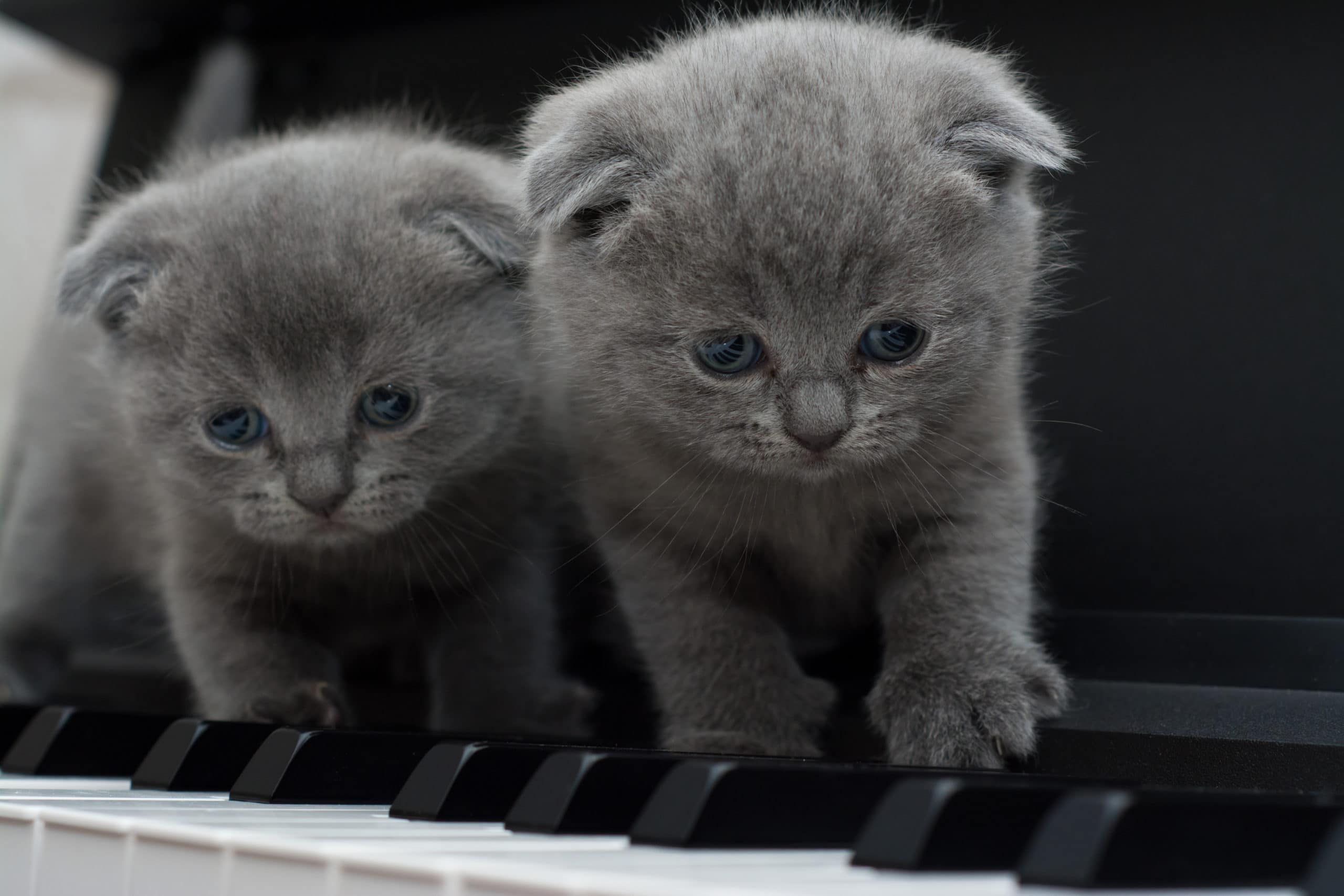
Can Loud Music Lead to Hearing Loss in Cats?
Yes, loud music can cause hearing loss in cats if they are exposed for long enough or if they are exposed to excessively loud sounds. Short-term exposure to noises of around 120 decibels (dB) and long-term exposure to noise levels above 95 dB can lead to temporary and sometimes permanent hearing damage.
How to Protect Your Cat’s Ears from Loud Music
If you’re concerned that loud music is hurting your cat’s ears, there are some steps you can take to protect them. They include:
1. Don’t Play Loud Music in the Same Room With Your Cat
If loud music must be played in the same room as your cat, it’s best to move them somewhere else. Keeping them away from loud noises as much as possible will help protect their ears and keep them safe.
2. Limit Your Cat’s Exposure Time
Try not to expose your cat to loud music for too long at a time. Even if loud music is playing in another room, limit the amount of time your cat spends in that area so they’re not exposed to loud noises for too long.
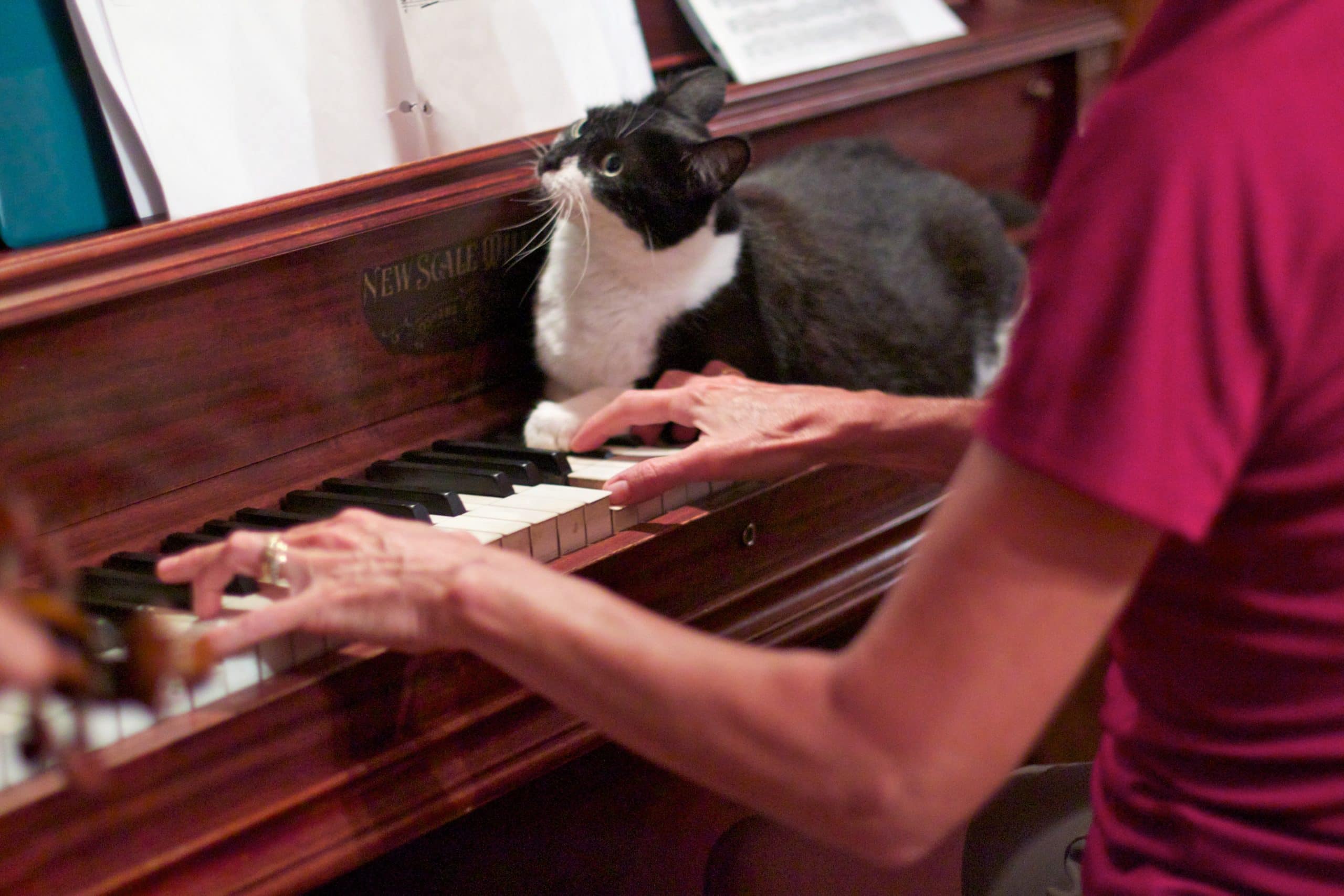
3. Consider Soundproofing Your Room
If loud music is unavoidable, you may want to consider soundproofing the room your cat is in. This can help reduce noise levels and make loud music less harmful to cats. Soundproofing panels can be purchased for as little as $5 and installed on your walls to reduce noise levels.
4. Consider Using High-Quality Headphones or Ear Buds
If you absolutely must listen to loud music at full blast around your cat while it’s playing, then consider buying a pair of decent headphones or earbuds. This can help reduce the noise levels of loud music while still allowing you to listen to it without disturbing your cat.

What Other Loud Noises Are Bad for Cats?
Loud music isn’t the only loud noise that can have a negative effect on cats. It’s important to keep your cat safe from the following noises:
1. Fireworks
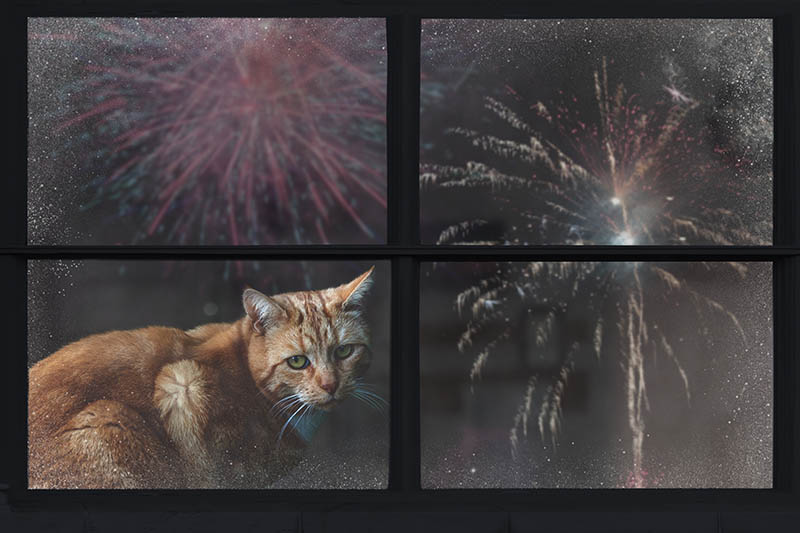
Fireworks can be loud and startling, which may harm your cat’s ears. If you’re planning on lighting fireworks, it’s best to move your cat somewhere safe while they are going off.
2. Construction Equipment
Construction equipment can be loud and jarring, which may cause your cat anxiety. If construction noise is unavoidable, consider soundproofing an area in your house or moving your cat to a different home until construction work concludes.
3. Fluorescent Bulbs
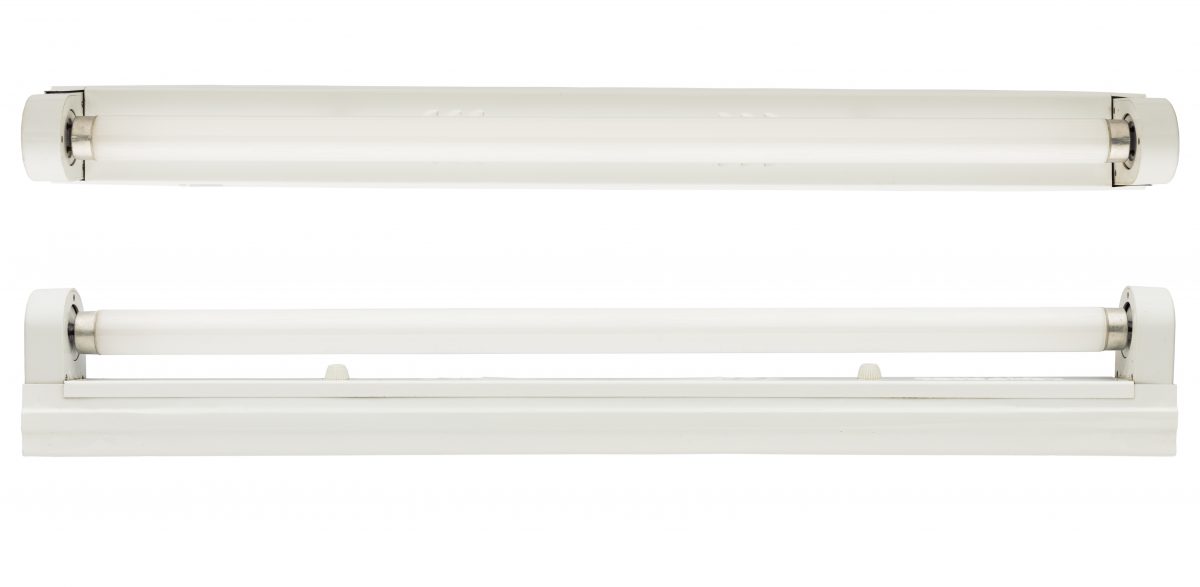
Fluorescent bulbs emit loud buzzing noises that can be disturbing to cats. It’s best to avoid using fluorescent bulbs in areas where cats are present.
Conclusion
If you truly love your fuzzball, then spare it the loud music and loud noises. The only sound they need to hear is your voice when you’re talking to them or playing with them. Soothing music or nature sounds are also great.
Loud music can cause hearing damage and other physical and emotional issues, so it’s best to keep loud noises away from cats as much as possible. Doing so will ensure that your cat stays happy and healthy.
Featured Image Credit: JIPEN, Shutterstock










